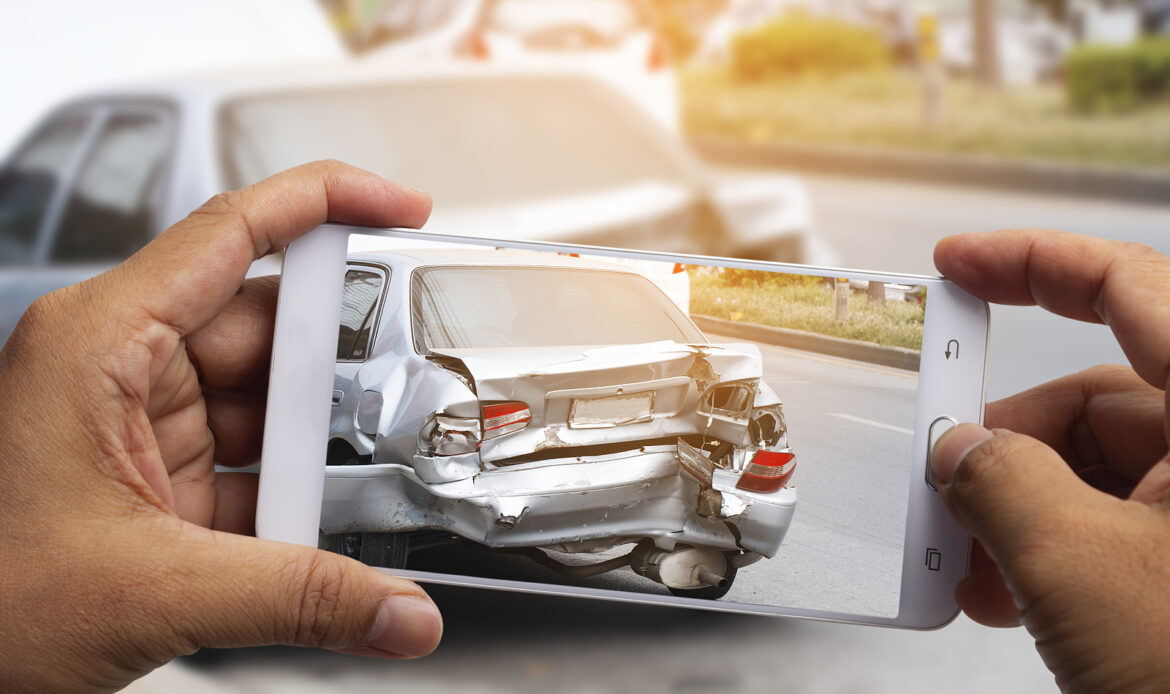What Evidence Should I Collect at the Scene of the Accident?
The moments immediately after a motor vehicle accident can be tumultuous and stressful. Nevertheless, collect as much evidence as possible. This should include taking pictures of the location, the vehicles involved, and any injuries you have visible. If there are any witnesses, try to get their contact information and statements about what they saw.
A police report is also a valuable piece of evidence. In Colorado, law enforcement officers must submit a report for any accident that leads to injury, death, or property damage exceeding $1,000. The report includes critical information about the car accident, such as the location, time, date, and weather conditions, along with the officer’s observations and assessments regarding who was at fault.
What Medical Evidence Should I Gather for My Claim?
Medical evidence is crucial in a motor vehicle accident claim. It can demonstrate the severity of your injuries and the impact they have had on your life. After an accident, get medical attention as soon as possible, even if you don’t think you’re seriously injured. Some injuries, like traumatic brain injuries, may not become noticeable until days or even weeks after the accident.
Keep organized records of all your medical appointments, treatments, and medications. This includes hospital stays, physical therapy sessions, and any necessary surgeries. Also, keep a journal of your symptoms and how they affect your daily life. This can illustrate the extent of your suffering, which might be a significant component of your claim.
How Can I Prove the Other Driver Was at Fault?
In Colorado, the driver deemed to be at fault for an accident is liable for compensating any parties injured. Proving fault can be complex, but there are several types of evidence that can help.
Traffic tickets given by the police at the accident site can serve as strong evidence of responsibility. For example, if the other driver was cited for speeding or running a red light, this can strongly suggest that they were at fault. Evidence of distracted driving, such as witness statements or cell phone records, can also be powerful. In Colorado, texting while driving is illegal and can be considered negligence.
What If I Was Partially at Fault for the Accident?
Colorado adheres to a modified comparative negligence rule, allowing you to receive compensation for an accident even if you share some of the blame. Your awarded damages will be decreased by your percentage of fault. For example, if it is determined that you are 20% to blame for the accident, your compensation would be reduced by 20%. However, if you were found to be more than 50% at fault, you would not be able to recover any damages.
What Role Does Insurance Play in My Claim?
Insurance plays a significant role in motor vehicle accident claims. In Colorado, drivers are required by law to carry a minimum amount of liability insurance to cover any damages they may cause in an accident. This insurance may be used to compensate you for your medical bills, lost wages, and other damages. However, dealing with insurance companies can be challenging. They often try to minimize payouts by disputing the severity of injuries or arguing about who was at fault. An experienced attorney can negotiate with the insurance company on your behalf, ensuring that you receive the compensation you deserve.
How Can I Document My Financial Losses After an Accident?
After a motor vehicle accident, you may face significant financial losses. These can include medical bills, lost wages, and property damage. To build a strong claim, it’s important to document these losses thoroughly.
Keep all receipts and invoices related to your medical treatment. This includes not only hospital bills, but also costs for medication, physical therapy, and any necessary medical equipment like crutches or wheelchairs. Property damage, such as repairs to your vehicle, should also be documented. Obtain a written estimate for any necessary repairs and keep receipts for any work that has been done.
If you’ve had to miss work due to your injuries, keep a record of the days you were absent and the wages you lost as a result. If your injuries have affected your ability to work in the long term, you may also be able to claim for loss of earning capacity.
What If the Other Driver Doesn’t Have Insurance?
Unfortunately, not all drivers carry the required insurance. If you’re involved in an accident with an uninsured driver in Colorado, you may wonder how you can recover your losses.
In such cases, your own insurance may provide coverage. Colorado law requires all auto insurance policies to include uninsured/underinsured motorist (UM/UIM) coverage, unless it is waived in writing. This coverage can compensate you for your losses if the other driver is uninsured or if their insurance is insufficient to cover all your damages. However, dealing with your own insurance company can still be complex. They may dispute the extent of your injuries or the necessity of certain treatments.
An experienced attorney can help you gather this evidence and counter the insurance company’s arguments. They can argue that, even if you had a pre-existing condition, the accident has worsened your health and you should be compensated for this.
If you have been involved in a car accident, call Born & McCaffrey, PC today at 719-416-4246 for a free, confidential consultation.

